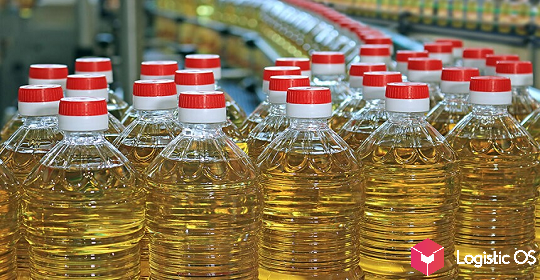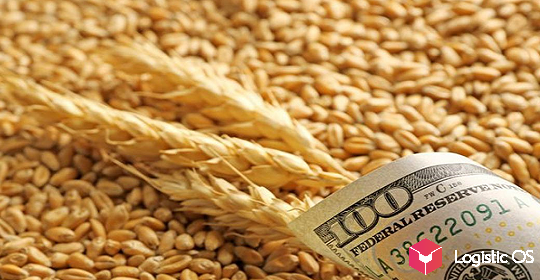In the Canadian province of Alberta, a plant should be built in the near future that will process rapeseed into biodiesel.
It is planned that the construction of this facility will cost up to $720 million.
When it reaches its design capacity, it will be able to process up to 2.5 million tons of canola (a local variety of rapeseed) per year.
This could be good news for local rapeseed farmers, since it is expected that the purchase of raw materials will mainly be carried out in the areas closest to the plant itself.
This is also good news for environmentalists, since using biodiesel produces much less harmful emissions than conventional diesel fuel.
At the same time, the plant will certainly show good profitability, including because it will be provided with noticeable benefits.
“The Imperial Strathcona refinery in Alberta is receiving a 12 per cent tax credit for its $720 million plant under construction to produce renewable, canola-based diesel fuel, which is said to require millions of tonnes of canola seed per year.
This incentive under Alberta’s Agri-Processing Investment Tax Policy is offered when corporations invest $10 million or more in a project to build or expand a value-added agri-processing facility in the province,” AlbertaFarmerExpress said.
In general, the construction of such a plant can be a good example of how two important industries interact with each other: agriculture and energy.
“Local production of renewable fuel derived from local canola provides an important opportunity to diversify the market right here in our own backyard, benefiting farmers, processors and the entire value chain in Alberta.
To put things into perspective, this facility represents demand for canola seed that could reach two and a half million metric tons per year.
This is the size of some of our largest export markets today.
Simply put, a project of this size is a game-changer for our industry and a win-win for all parties involved,” adds Chris Vervat, executive director of the Canadian Oilseed Processors Association.
If the launch is successful, it is possible that there will be an increase in rapeseed production in the province, as well as the construction of similar facilities in other regions and countries.

